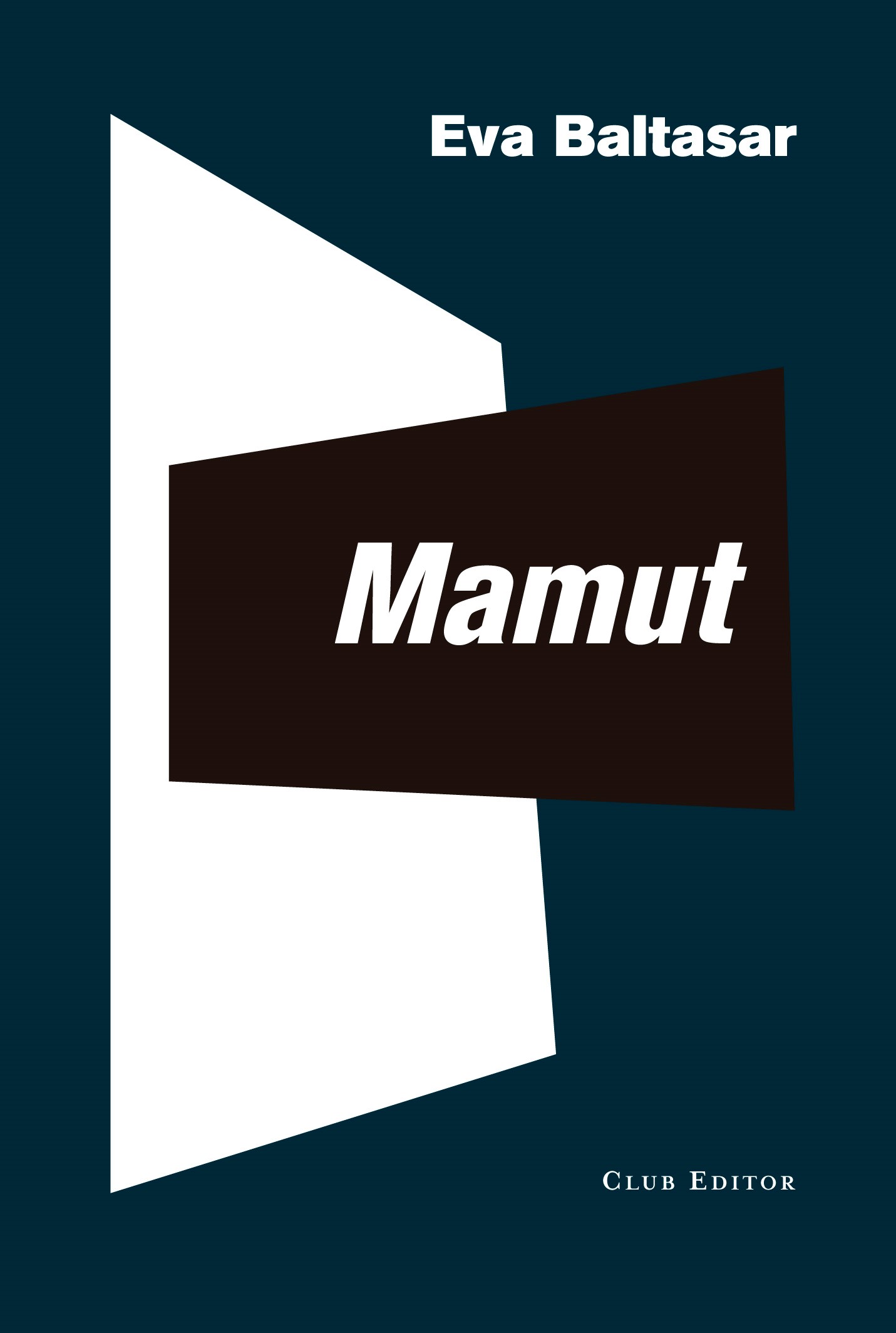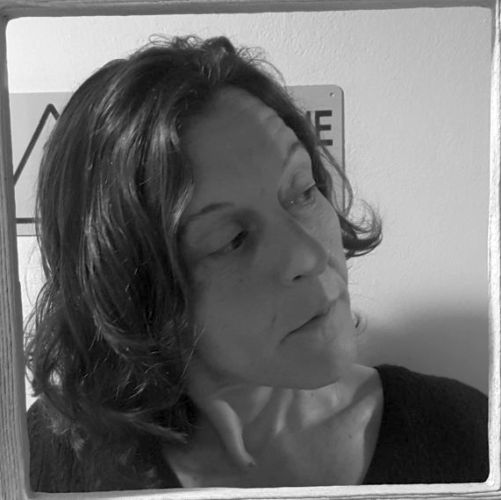A triptych without a name or a full stop
- Books
- Culture Folder
- Mar 22
- 4 mins

Mamut completes the trilogy of novels written by Eva Baltasar, following Permagel (Club Editor, 2018, published in English as Permafrost by And Other Stories, 2021) and Boulder (Club Editor, 2020). In this final novel, the poet’s signature style shines through more than ever. It is, by quite a distance, the barest, most essential of the three components of a triptych that does not yet have a name.
Mamut completes the trilogy of novels written by Eva Baltasar, following Permagel (2018, published in English as Permafrost in 2021) and Boulder (Club Editor, 2020). Before turning her hand to prose fiction, Baltasar had been writing poetry for ten years and ten books. Nonetheless, there is an intimate continuity between the two practices, through the use of images, rhythm, music. This series of connections can be found in all three texts, but especially in Mamut. In this final novel, the poet’s signature style shines through more than ever. It is, by quite a distance, the barest, most essential of the three components of a triptych that does not yet have a name, as indicated in the colophon of this third instalment: ‘What name will it bear? It is a stop that is not yet full’.
In all three cases, there is a first-person narrative voice that, despite talking about events and anecdotes from the author’s life, does not lend itself to an autobiographical reading. Instead, the three women act like poetic masks, like places from which the author explains or articulates a situation that always conveys a process of estrangement, encouraging a different perception of the communal spaces in contemporary existence, while crossing the protagonists’ lives, with no way back. An estrangement that, in all three cases, revolves around a single paradox: the combination of solitude and motherhood.
In Permagel, the protagonist – who dreams of suicide, is verbally profuse and shows a tendency towards irony – says yes to sex, but she has no interest in love; she wants no bonds and people tire her (even her lovers and her family, an institution dismantled in the triptych just as severely as romantic love). She goes on to surprise herself when she accidentally takes on a mothering role. Meanwhile, Boulder wants and needs to be alone, but she falls in love with Samsa and betrays herself. This relationship brings with it an unwanted co-maternity process, which ends up affecting her sexual relations with her partner, and even taking them away entirely. In her case, she will get her freedom back without giving up on an honest, non-hegemonic kind of motherhood.
Animal instinct
This latest instalment introduces us to Mamut, who does want to give birth and so, despite her desire for women, she starts having sex with men, in pursuit of a goal weighing down on her like an imperative dictated by her most animal instinct. As an epigraph (and therefore as a kind of key for interpretation), Baltasar chooses the following line by Les Murray: ‘An idea hungers for your body’. Failing to find work that she enjoys and that is not exploitative in Barcelona, Mamut feels like she is living in a cage – it is no coincidence that she can see and hear the zoo and the animals cooped up there from her flat – so she decides to move to a rural house in the middle of the forest, next to a hermitage (a nod to Víctor Català’s classic Solitude, perhaps?). At Cal Llanut, her new home, she will become the mamut, or mammoth, from the title: she will embark on a gradual process of eliminating all that is superfluous and unnecessary, in a stripping-down that will lead her to be alone without suffering from this solitude or causing anyone else to suffer. Her goal to get pregnant will culminate and she will realise, in a wonderful ending, that the only thing that belongs to her is her. I will refrain from quoting from the final pages, as I do not want to give away any spoilers and because they should be read when you arrive at the end, with all the force Baltasar puts across throughout the body of the text.
Though Mamut is the most archaic, almost extinct character – as her name suggests – all three women distance themselves from the society they are supposed to live in: a society that causes them to feel an irreducible sense of disorientation and a clear resistance to following standard behaviours. Their solitary nature gives them a vital radicalness that, combined with motherhood, in this constitutive tension, sketches out existential routes that do not make images – they cannot, they do not know how to, they do not want to – while, throughout the triptych, the prevailing models are deconstructed and critical reflections are encouraged. And this, of course, is a task with no end, with no full stop.
Mamut
Eva Baltasar
Club Editor, 2022
128 pages
 MamutClub Editor, 2022
MamutClub Editor, 2022
The newsletter
Subscribe to our newsletter to keep up to date with Barcelona Metròpolis' new developments




